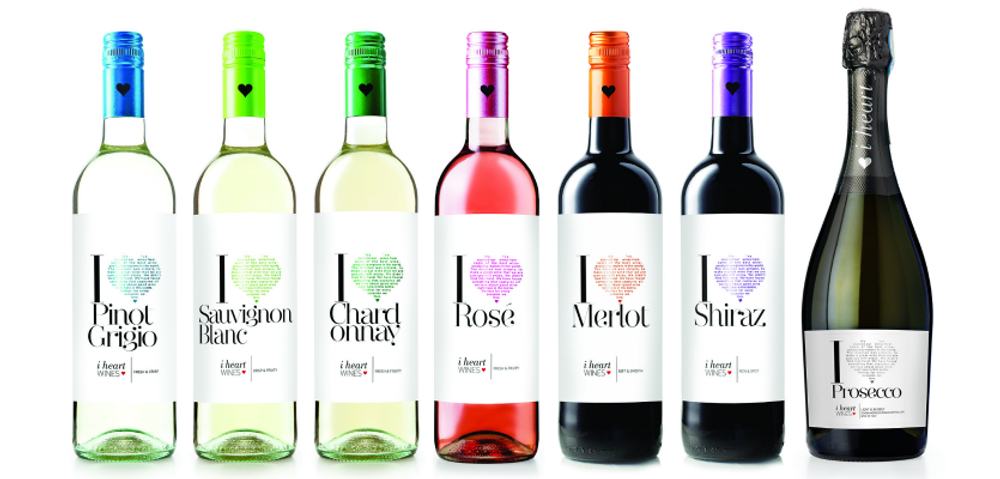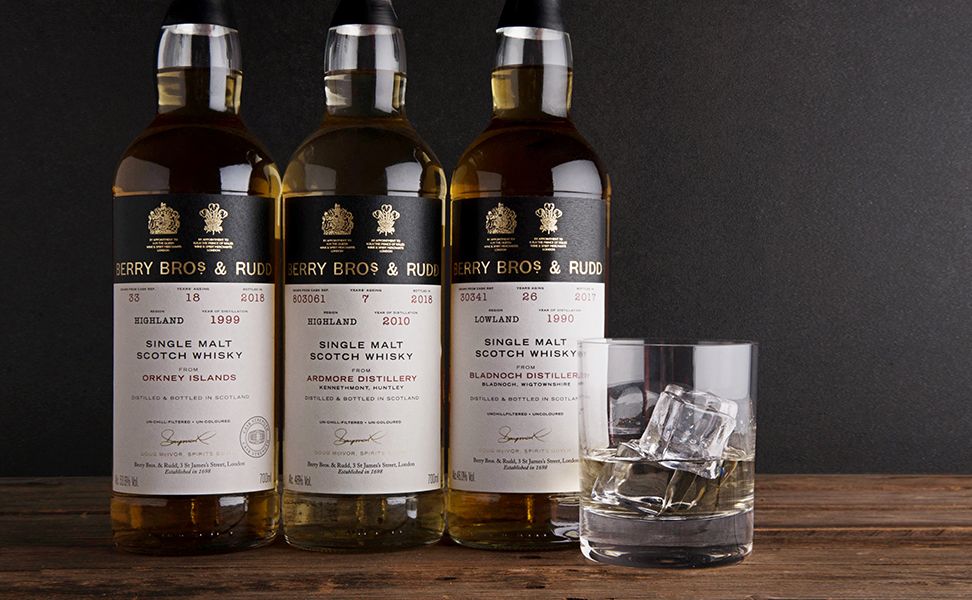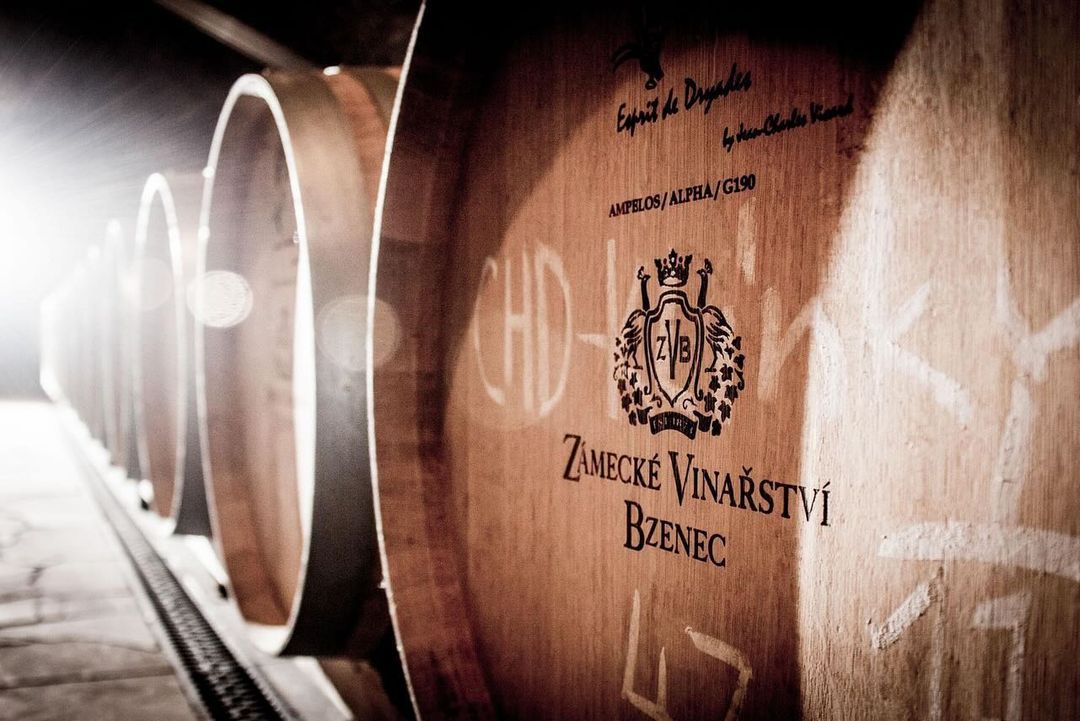If every private label line was a success then we probably would not have any brands on our shelves at all. But they are not. Many crash and burn just as quickly as any FMCG brand trying to make it for the first time. So what distinguishes those retailers and operators that are doing so well with private label.
Imagine what it must be like if you work for a household FMCG brand and you walk into any major supermarket. As you make a bee line to see how your carefully crafted, researched, executed and supported brand looks like on shelf you will quickly be overwhelmed by all the lookalike, wannabe own label, private, exclusive brands that have been created in order to compete directly with the brand you have a partnership with that retailer to promote in their store.
But then at least in a traditional supermarket you still have a place on their shelf to fight your corner. In the growing world of the hard discounter there is virtually no room for you at all as the vast majority of products for sale are an exclusive own label brand for that discounter.
It’s becoming increasingly the same story in the convenience sector – so long the last bastion for major brands – as more c-store chains, symbol and buying groups also see the value and point and difference that a private label range can bring. Major restaurant, bar and pub groups are also now making room on their drinks lists for their own wines and spirits and pushing established producers out to do so.

Spar has now developed its own comprehensive private label range for its convenience stores
It’s not surprising then for a growing number of brands and producers it’s now a case of if you can’t beat them, then join them as they, no doubt somewhat reluctantly, agree to help create and make some private label products so that they can use them as leverage to still have room for their own brands on their shelves and drinks lists too.
But how do you make a successful own label range? Next month’s IBWSS London (March 11-12) event will shine the light on the latest developments in private label and look at how different operators are using exclusive lines to differentiate the offer.
To help set the scene for that here we look at the five key steps any successful private label product has to get right.
1 Who is it for?

Which wine category are you going to place your bets on?
As with any successful brand launch the most fundamental thing to get right is to work out who this new product is for. Why are you taking the trouble to create this new brand? What market is it for? Who is going to buy it? Any own label or private label product worth its place on a shelf has to appeal to a particular customer group and shopping occasion.
There is no point in creating a private label just for the sake of it. If it is an alternative to an already failing brand or in a declining category then it is probably better to concentrate your resources elsewhere. Now, for example, would not be the best time to introducing a gooseberry style New Zealand Sauvignon Blanc. The market is already awash with them. Unless you are willing to delist other successful lines from your range.
So how can a new private label offer something different? An own label Italian white wine made from an emerging grape variety like Fiano, or Trebbiano…now you’re talking.
What are the key drinking trends going to be for the next 12 months? Where are you going to place your bets. A quality own label tequila, an eye catching mezcal perhaps, an easy to drink golden rum? Yes please. Another straight London gin, or a standard vodka? Probably not.
Take your time to do your research, and follow the forthcoming trends rather than just jump on the brand band wagon.
2 Economy or premium class

Tesco has created a brand all of its own with Finest and is now the single biggest product category it sells
Once you have agreed on the product category, or style of wine or spirit, you then need to work out which type of customer is most likely to buy it – and for what price. Own label has become so sophisticated that most retailers now have their own clearly defined quality and pricing tiers. Which loosely speaking covers economy/everyday; medium: and premium/ aspirational.
Which tier is right for your product? Where is the need? The gap? It’s rare to have a product that can straddle all three so you need to determine which one is best suited to either what you can offer or where the opportunity is or both.
If you look at each of the major supermarkets in the UK they all have carefully thought through private label ranges to suit each quality and pricing tier. Meaning customers have become accustomed to knowing which ones suit their own spending profile. It also gives them a psychological boost to be able to trade up and treat themselves to having a Tesco Finest meal or bottle of wine rather than their usual value rang.
3 Guaranteeing supply
One of the key reasons why private label has become so important to major retailers and operators is it gives them complete control of their supply chain. Rather than rely on their suppliers to have the right stock in the right place at the right time it can go direct to producers and manufacturers and pin down those guarantees for themselves. At the price they want, ensuring all the margin goes to them and is not split with a third party.
To break into that relationship you have to be able to add value to that supply chain. Which means being able to provide an even more flexible and efficient route to market where you can offer even greater sourcing and pricing reliability. Ultimately private label is about squeezing costs and raising margins whilst ensuring you have consistency and guarantee of supply. That’s where producers and brand owners can really make a difference.
4 Adding value

The trading floor at the first IBWSS show in London is an opportunity for buyers, suppliers to come together and look at how they can work closer together
It is also about offering skills and services that the retailer or operator cannot do for themselves. Which might mean coming up with a product idea in the first place and then taking that concept to the final production stage. It could be through innovative packaging and design. All the while being flexible and adaptable in the way you work to suit the needs of the operator you are working with.
More and more the most successful suppliers are the ones that can act as a living and breathing extension to their customers’ businesses. Where they become so involved and embedded in how they create, source and develop own label ranges that they literally could not get them on to the shelf, or on their drinks list, without them.
Look at how some of the leading players in private label work. Like Copestick Murray, Off Piste Wines, Broadland Wineries, Lanchester Wines and Kingsland Drinks.
They are all masters of two key areas: Relationships with producers all over the world so they can guarantee supply of wine and spirits, and ensuring those relationships are flexible enough so they can switch between countries and supply routes depending on vintage and currency fluctuations: and they also have strong track records of bringing successful products and brands to market, be it their own or for other private label contracts.
They know how to use consumer shopping data and behaviour trends to analyse and plot new product ideas and areas for category growth. They have also been willing and able to bring their own brands to market and know what works and what doesn’t.
They will also usually have dedicated members of staff who might only work for one of the major supermarkets so that they can give them 100% attention. A personal concierge service if you like.
5 Pushing boundaries

IHeart wine has had enormous success around the world by making the grape variety not the country the star of the show
Which also means they are looking forwards and not just happy with what they have got. They are looking to push boundaries and find the next big thing. Be it Copestick Murray’s I Heart Wine, Off Piste’s Most Wanted, or Broadland’s Vegan only wine range. They are the kind of companies that major retailers and on-trade operators want to work with because they are trendsetters as well as followers.
After all if a private label brand really breaks through it has the power and distribution to change the way we shop and the products we eat and drink. How many ready meals did we use to eat before supermarkets made them a core part of our diet?
It’s the same with the phenomenal rise in Pinot Grigio, Prosecco, New Zealand Sauvingnon Blanc, rosé, Malbec, Merlot…the list goes on. There were not one or two power brands changing the way we drink because they brought them to market. No it was the collective strength of the supermarket and restaurant chains own label ranges that made them all household brands.
The challenge for suppliers and producers wanting to work with retailers and chains in the future is how do you make your business a relevant part of their own label strategies. That’s where the future lies.
• Find out how to increase your private label sales at IBWSS London. The two day event looks to give supermarkets, retailers, restaurants, wineries, distilleries and other buyers a premier international platform to source bulk wine and spirits and meet private label suppliers. IBWSS London also comes with a 2-day action-packed conference whose mission is to provide bulk wine, bulk spirits and private label professionals with actionable insights on how to grow the bottom line. IBWSS London is organised by Beverage Trade Network.
Where and when
March 11-12, 2019. The Royal Horticultural Halls, 80 Vincent Square, London, SW1P 2PE
Exhibitors: To find out more about taking out exhibition space please contact the event organisers here.
It is free to attend the exhibition and you can register here.
Conference: If you want to attend the conference then click here to register.









































